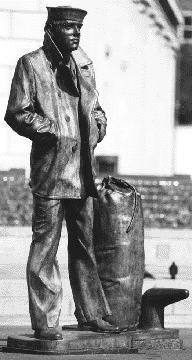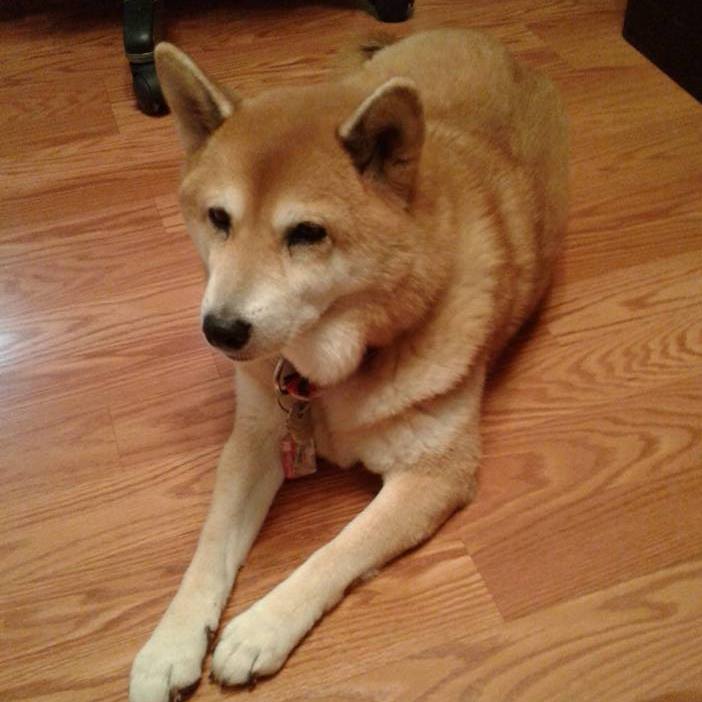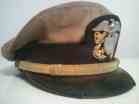Fifty-One Years (August 31, 2016)
By: Garland Davis
When we were children and watching a western movie and the girl came charging by in a runaway buckboard and our hero took after her on his trusty steed and rescued the girl just before the buckboard plunged over the cliff that happened to be there in the middle of a flat prairie and she batted her big eyes at him, you knew the mushy crap was about to start. You wondered what was wrong with cowboy heroes. Why did they always get sidetracked from chasing the bad guys by girls and mushy stuff?
This one will be mushy stuff. I have permission.
All stories of young love begin when two people meet. There are fireworks. Possibly angels singing. Bluebirds singing and that kind of movie crap. I met her in the Billet Office for Bayside Courts in Yokohama Japan. The Navy Housing Activity at Yokohama was comprised of four officers, fifty-six enlisted and a contingent of Japanese civilians that maintained and administered the more than three thousand Navy Housing units that provided quarters for Naval Personnel in the Kanto Area of Japan.
There were no barracks for enlisted. One building of an old Army BOQ complex was devoted to housing single enlisted sailors. She worked in the Billet Office and assigned me to a room. Room? WTF! Officers lived in rooms. Sailors lived in open bay barracks. But there it was a room. She explained to me that maid service was available for ten dollars a payday. The maids would clean your room and do your laundry. When I got to the room, I thought I had died and gone to heaven. The maid assigned to me helped me unpack and placed everything in the closets. Where she wanted them.
I quickly fell into a routine of awakening, dressing, going to the NEX cafeteria for breakfast (There was no enlisted galley), and then to work at the Commissary Store. We worked Tuesday thru Saturday and were not required to stand any duty days. At approximately 1630 my shipmates and I would stroll across the street to the Yokohama Seaside Club and take advantage of the ten cents Happy Hour. About 1900 or so we would take a cab to Bayside Courts shift into civilian clothes and head for the Zebra Club downtown for a couple and then on to China Town for an evening comprised of drinks and mushy stuff.
From the day in July when I arrived there until shortly before the Navy day celebration in October, I lived this idyllic sailor’s life. The command announced a date for the Navy Day Ball at the Seaside Club. Each member was permitted to bring a guest. A group of us were in a room at Bayside drinking beer when the subject of dates for the Navy Day Ball arose. Different bar girls were suggested.
I told them, “I am going to ask the girl who works at the Billet Office.”
“Not a chance Stewburner. She won’t date sailors. Believe me many have tried and no one has been successful.” Was the consensus.
I had just enough beer, so I said, “I’ll show you just wait and see.” And off to the billeting office, I went.
I walked in, she came to the counter and asked how she could help me. I told her, “I came to invite you to the Navy Day Ball as my guest.”
She said, “Okay.” She gave me directions where I could meet her.
I went back to the room with a shit eating grin on my face, opened a cold one, and sat down.
“Struck out, huh? I knew you would. She won’t go out with sailors.”
I said, “I have to pick her up at six thirty Friday evening.”
Of course, I got the, “What did you do, lick your eyebrows? What do you have that nobody else does?”
I picked her up for our date. We had a good time. Over the next few weeks, we became inseparable.
Fifty-one years ago today that young Japanese girl and I, both of us barely out of our teens, caught the train at Yokohama Central Station for Tokyo. It was to be our wedding day. There was no preacher or organist, no best man or bridesmaid. There was just a busy office in the American Embassy Annex and a Japanese government office.
I was carrying an envelope of papers that had begun six months before as a single sheet of paper asking the U.S. Navy for permission to marry a Japanese National. The envelope contained the results of physical examinations and background investigations. Also included were interviews with a Legal Officer, counseling interviews with Chaplains and English translations of my fiancé’s birth records and copies of the investigations of her family and background. And finally a letter from Commander Naval Forces, Japan granting approval of my request.
A clerk at the counter took the papers separated those he needed and returned the remainder to me. After a time, we were given forms in Japanese and directed to take them to a Japanese government office to register our marriage and then return to the embassy. This took some time because Japanese bureaucrats love properly completed forms and placing numerous rubber stamps on them. By mid-afternoon, we were back at the embassy annex and returned the properly stamped and annotated forms to the clerk.
We waited for a time with another couple and finally were called to the counter. The other serviceman and I were directed to stand at the counter with our brides behind us. A number of forms were placed on the counter and we were instructed to sign them. A gentleman came from an inner office and introduced himself as a U.S. Consulate Officer. He instructed us prospective husbands to raise our right hands and said, “Do you swear that everything you have signed is the truth to the best of your knowledge, so help you, God?” We both replied, “Yes.” He said, “Congratulations,” shook our hands and left. The clerk gave us our marriage certificates and congratulated us.
There were no vows, no “I do’s.” Just simply completing paperwork and registering the fact with the Japanese government. I often joke that I dropped my pen, bent over to pick it up and when I stood up, the gentleman shook my hand and said, “Congratulations.”
It has been a tumultuous fifty-one years. There was the Viet Nam War, twenty-six more years of the Navy, lengthy separations and, not a lot of money during the early years. Like most couples, we had to adjust to each other. Now we are aging and dealing with my Parkinson’s disease. I guess you can say that after fifty-one years, we have succeeded.
Looking back, I wouldn’t have it any differently. She is my best friend, and I love her with all my being. As the poets say, “She completes me.”
Today is our fifty-first anniversary.










